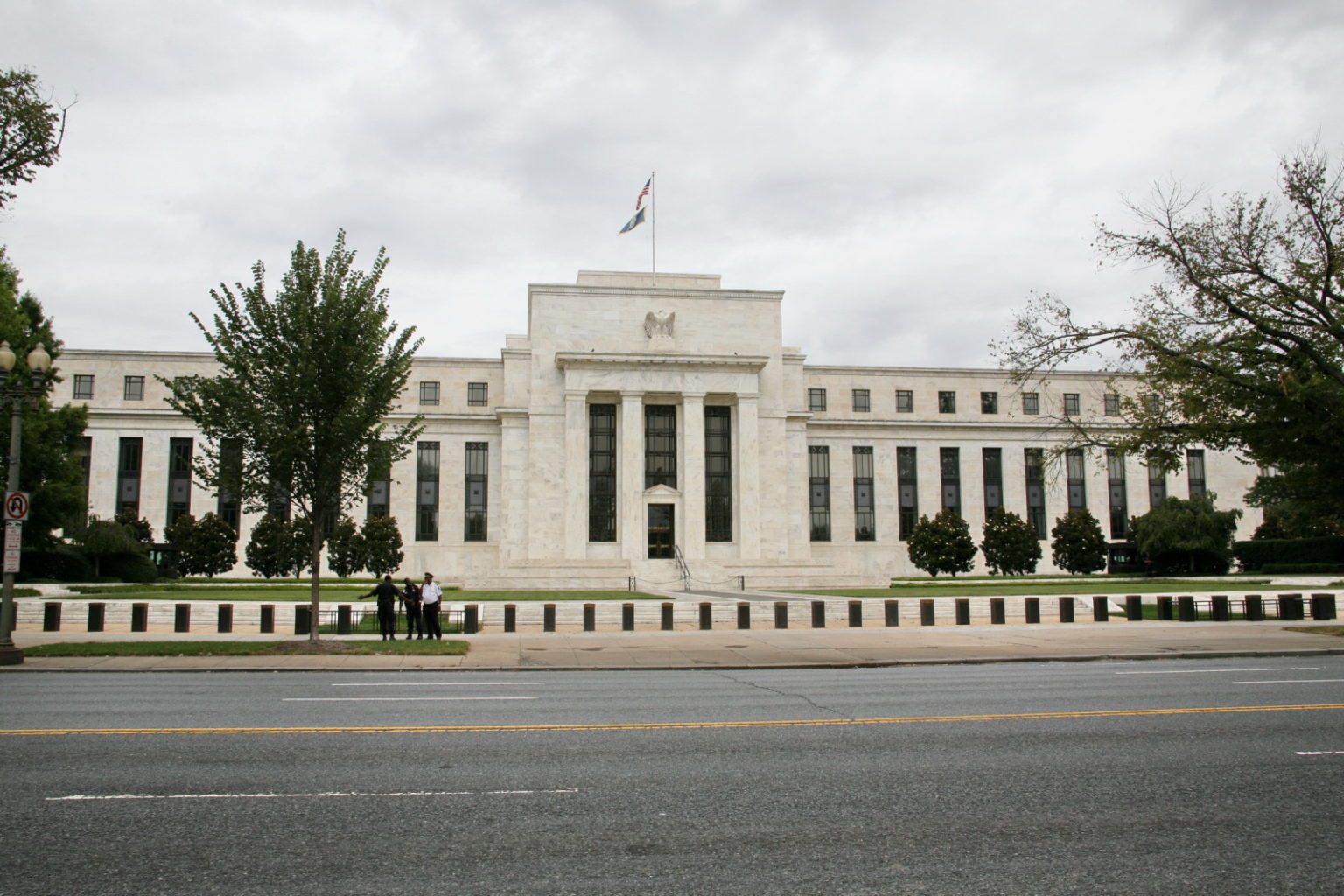The New World of M&A
A room packed with leading economists would probably conclude that the corporate world should be riddled by economic uncertainty at the moment.
Britain seems on track for what will be a far from amicable divorce with the European Union. The US Presidential election is fast approaching. China’s rate of economic growth is withering. Cyberattacks are worryingly frequent. Reports of economic optimism in the UK are few and far between. Russia is taking an unsurprisingly military lead in the Middle East.
Surprisingly this cocktail of economic and political risk does little to dizzy the heads of those that should be concerned.
So why are huge mergers and acquisitions on trend? Any one of these factors would usually scare the watchful and risk-averse leaders of our largest corporations into short-term paralysis. Corporate chieftains have been vocal about their belief that the current business friendly environment we find ourselves in will continue well into to medium term, as confidence shows itself across almost all industries. Even investors are betting on reliable and consistent growth. This has culminated in the biggest deal of the year.
Last week AT&T announced that it is to acquire Time Warner for a hefty $85.4 billion in a part-cash-part-stock transaction at $107.50 per share. With Bloomberg Intelligence assessing the value of each share at around $105, AT&T is surely paying full price. This figure puts the value of Time Warner at about 13 times this year’s estimated EBITDA, a higher multiple than any of the big media stocks command. Time Warner aside for a moment, M&A is heating up generally. British American Tobacco offered $47 billion for the final chunk of Reynolds American just last week, and at the time of writing this article an announcement indicated that the technology firm Qualcomm is expected to make a $37 billion offer for its major market competitor NXP Semiconductors.
Despite what feels like a tumultuous time for the global economy, mammoth deals are still going ahead. The corporate titans driving these transactions appear calm and collected in what is almost unprecedented economic, political and regulatory uncertainty. Looming on the horizon is what should be a source of great discomfort for businesses too. The race to the White House can only be bad for business if Trump comes out on top. Leading economists warn of market mayhem if the floppy haired fool is elected to office. But with Clinton’s lead over Trump growing faster and wider at a point so close to Election Day, CEO’s appear to betting that common sense has prevailed.
Catalyzing the worries of executives has been the prospect of a rate rise by the Fed, which would push up the price of borrowing up for firms. But after the rise in short-term rates for the first time since the financial crisis, the markets took it in stride. Even now business leaders and investors seem rather unfazed by the chairwoman of the Federal Reserve, Janet Yellen, indicating that rate rises are on their way. It almost appears that signaling the normalizing of rates, but noting that it will be happening at a snails pace, has created a very sanguine, propitious environment for deals.
“The new normal” is upon us, and it’s here to stay.
Surprisingly this cocktail of economic and political risk does little to dizzy the heads of those that should be concerned.
Rather, “the new normal” is upon us, and it’s here to stay. The years of relatively predictable movements in the political and economic picture have mutated into what is now an age of rapid technological innovation, slow and steady economic growth, and great uncertainty in our geopolitical landscape. And our executives have adapted.
“You have a group of business leaders who have come of age only knowing uncertainty and complexity,” said Blair W. Effron, co-founder of Centerview Partners, an investment bank that advises companies on big takeovers. “They are therefore really good at managing in this environment.”

Comments